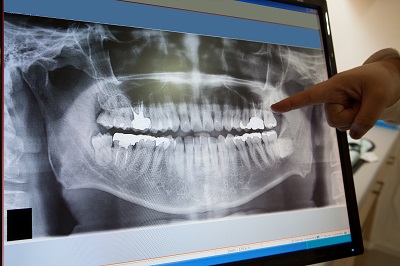
What is Considered Oral Surgery?
Oral surgery, a cornerstone of modern dental care, offers a spectrum of interventions aimed at remedying diverse health conditions and enhancing dental aesthetics. While the notion of undergoing oral surgery might evoke apprehension, rest assured that sedation options ensure comfort throughout the procedure. Here, we explore common types of oral surgery and illuminate what to expect when consulting with your oral surgeon.
Exploring Endodontic Surgery
Endodontic surgery emerges as a compelling alternative to tooth extraction, particularly for salvaging damaged or infected teeth. Within this domain, procedures such as root canal therapy take precedence, involving the meticulous removal of infected pulp and adjacent nerve tissues. Additional endodontic interventions encompass replantation, retreatment, and apicoectomy, each tailored to address specific dental complexities. Notably, an apicoectomy proves invaluable when conventional root canal therapy proves impractical or risks exacerbating underlying issues.
Navigating Periodontal Surgery
Periodontal surgery aims to rectify the deleterious effects of periodontal disease on gum tissues and the underlying bone matrix. Diverse surgical modalities are deployed to mitigate symptoms and foster tissue regeneration, with bone grafting serving as a prominent recourse in cases of bone loss precipitated by periodontitis. Flap surgery, guided tissue regeneration, and tissue grafting are additional strategies employed to combat gum disease and restore periodontal health.
Embracing the Realm of Extractions
Extractions, a staple of oral surgery, often target problematic wisdom teeth before they incite complications such as overcrowding or misalignment. Timely removal of wisdom teeth precludes potential issues and safeguards overall dental harmony. Additionally, extractions may be warranted to accommodate future orthodontic endeavors or to address irreparable dental damage.
Embodying the Promise of Dental Implant Surgery
Dental implant surgery stands as a beacon of hope for individuals grappling with tooth loss, offering lifelike replacements that seamlessly integrate with natural dentition. Comprising two phases, this procedure involves the surgical insertion of a titanium post into the jawbone, followed by the attachment of a custom prosthesis. By restoring both functionality and aesthetics, dental implants mitigate the risk of bone deterioration and herald a new era of dental restoration.
Pioneering Sleep Apnea Interventions
Corrective surgery emerges as a viable solution for individuals afflicted by sleep apnea, a condition characterized by interrupted breathing during sleep. Surgical interventions, ranging from tissue removal to palate reconstruction, aim to alleviate airway obstruction and mitigate associated complications. For those unresponsive to conventional therapies, surgical intervention offers renewed hope for restful sleep and improved quality of life.
Elevating Oral Health Through Surgical Innovation
In conclusion, oral surgery represents a cornerstone of comprehensive dental care, offering solutions to an array of oral health concerns. Whether addressing periodontal disease, restoring dental aesthetics, or combating sleep apnea, surgical interventions epitomize the pinnacle of dental innovation. By partnering with your periodontist or dental specialist, you can embark on a journey toward optimal oral health, ensuring that your smile radiates health and vitality.
